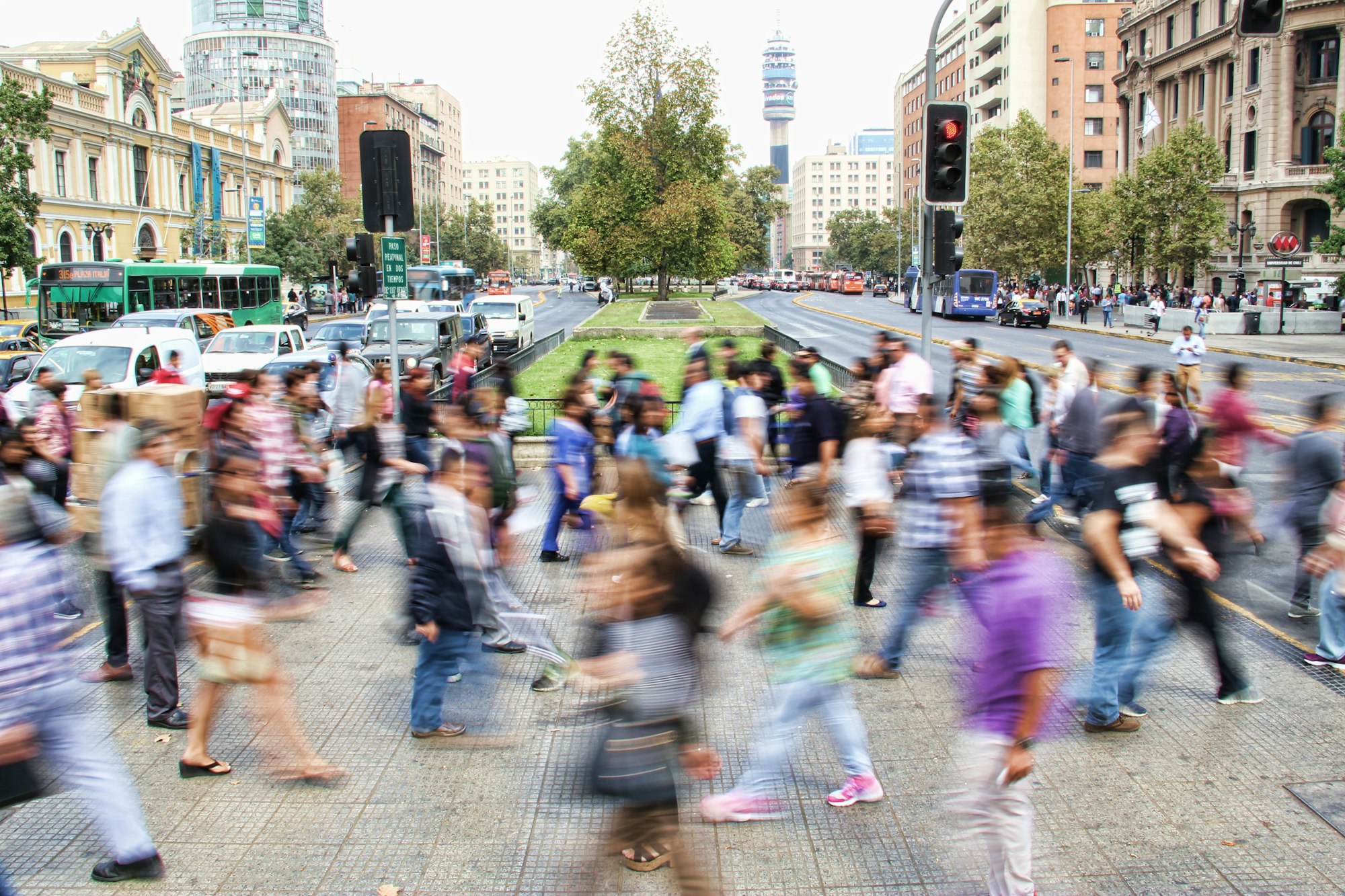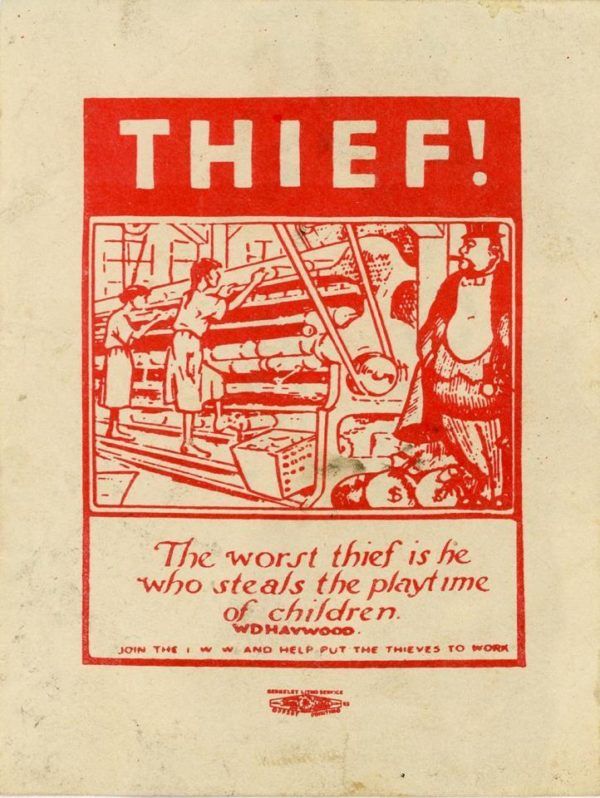How to give yourself more time
How might we stop the rampant theft and take back more of our time for ourselves?

“In philosophy the winner of the race is the one who can run most slowly. Or: the one who gets there last.” - Wittgenstein (Culture and Value)
Time is your only true non-renewable resource. The amount of time you have in a day is finite and ticks away relentlessly.
As a futurist - I'm understandably fascinated by time; more specifically the time that is yet to come.
But with an overwhelming array of devices and things that demand our time, being connected to social media and following the incessant diatribe of nonsense being sold to us by news agencies - we are quite literally being robbed of our most precious resource.

So how might we stop the rampant theft and take back more of our time for ourselves?
The answer - weirdly enough - is to purposefully waste our time on just being, without doing anything.
In her piece written in the New York Times, Jenny Odell (author of How to Do Nothing: Resisting the Attention Economy) gives this advice:
'I can’t give my students more time in their lives; but what I try to do is change the way they think about and value it in the first place. My class typically includes students who aren’t art majors, some of whom may never have made art before. I give them the same advice every quarter: Leave yourself twice as much time as you think you need for a project, knowing that half of that may not look like “making” anything at all. There is no Soylent version of thought and reflection — creativity is unpredictable, and it simply takes time.' - via
One of my favourite philosophers, Paul Cilliers, wrote in his piece entitled 'On the importance for a certain slowness':
'We need to recognize that the journey is more important than the destination, and that takes time.
Through an analysis of the temporal nature of complex systems, it will be shown that the cult of speed, and especially the understanding that speed is related to efficiency, is a destructive one. A slower approach is necessary, not only for the survival of certain important values or because of romantic ideals, but also because it allows us to cope with the demands of a complex world in a better way.
It is important to realize that the argument for slowness is not a conservative one; at least not in the political sense of the word. It is not merely backward looking nor a glorification of what has been. Although it emphasizes the historical nature of knowledge and memory, the argument for slowness is forward looking: it is about an engagement with the future as much as with the past. Slowness is in itself a temporal notion, and in many ways the opposite of the notion “static.” In point of fact, it is actually an unreflective fastness that always returns you to the same place.'
The world is calling for creative approaches to problem-solving, critical thinking and careful consideration of the consequences of our interventions. These activities all require a heightened level of reflection and non-busy-ness.
The irony is that the world might need to promote the idea of slowness in an age of speed if we are to continue to prosper. The thing that we culturally value the most, is the same thing that's literally robbing us of the presence of mind to appreciate all that it has given us.

